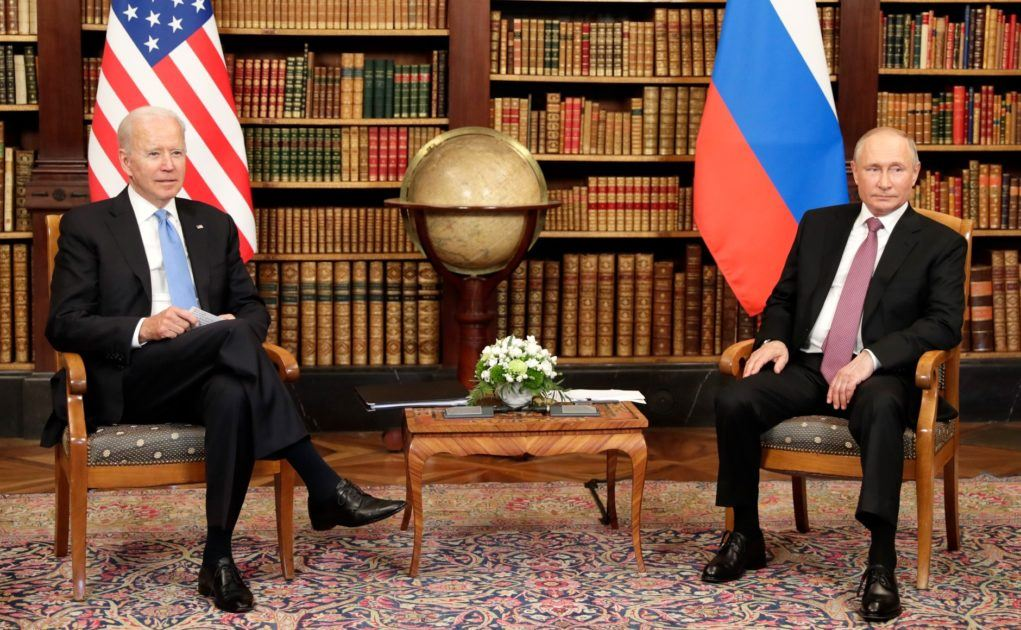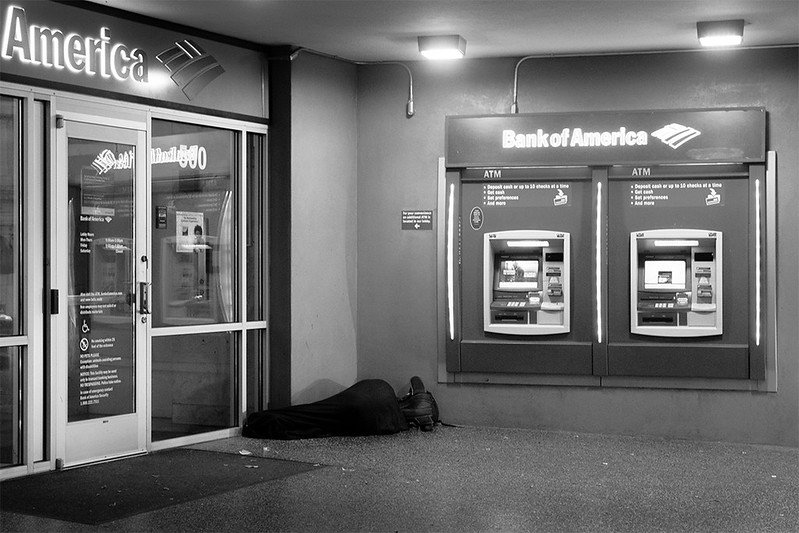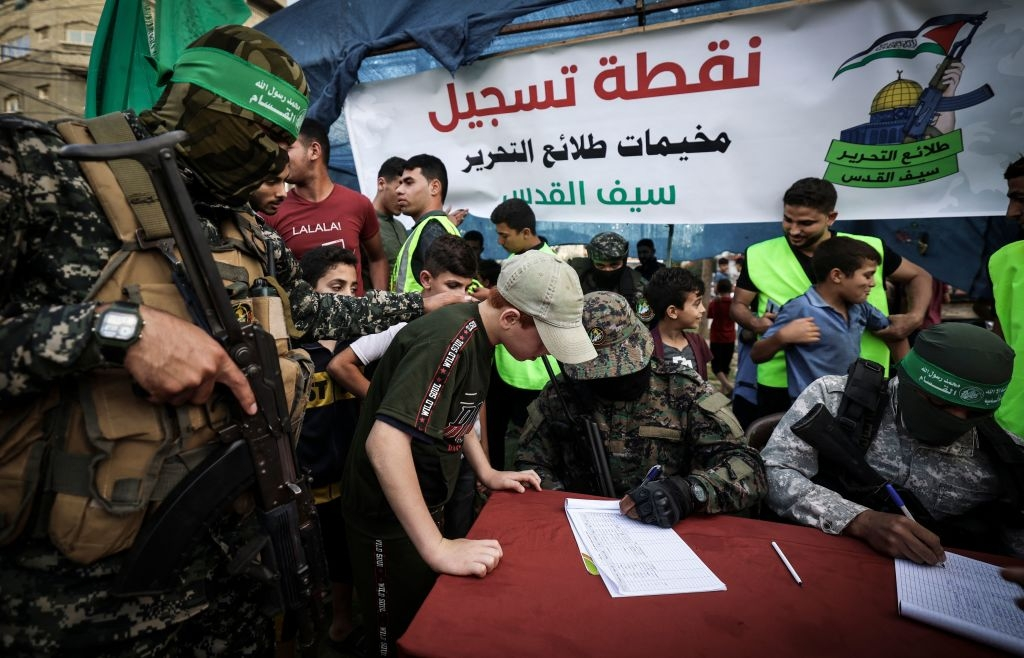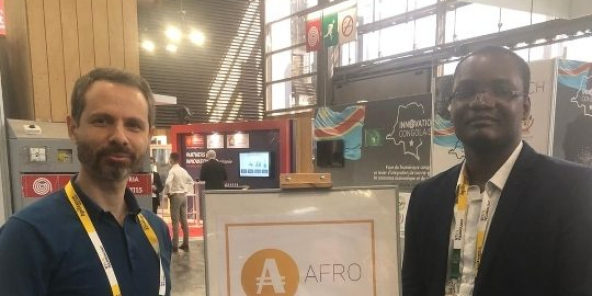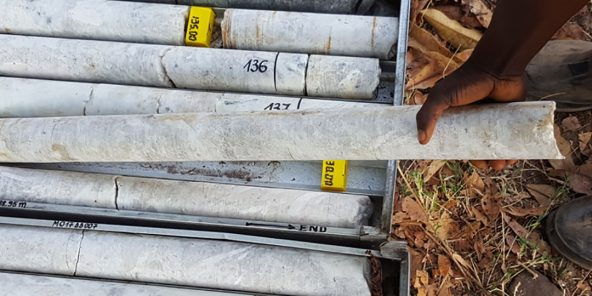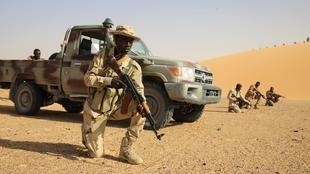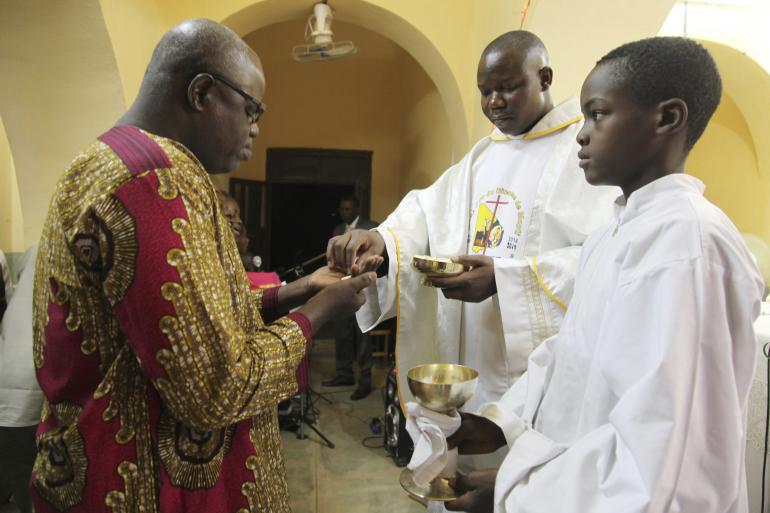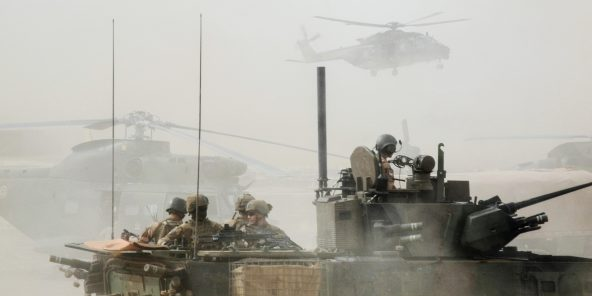Living with World’s End in Plain Sight
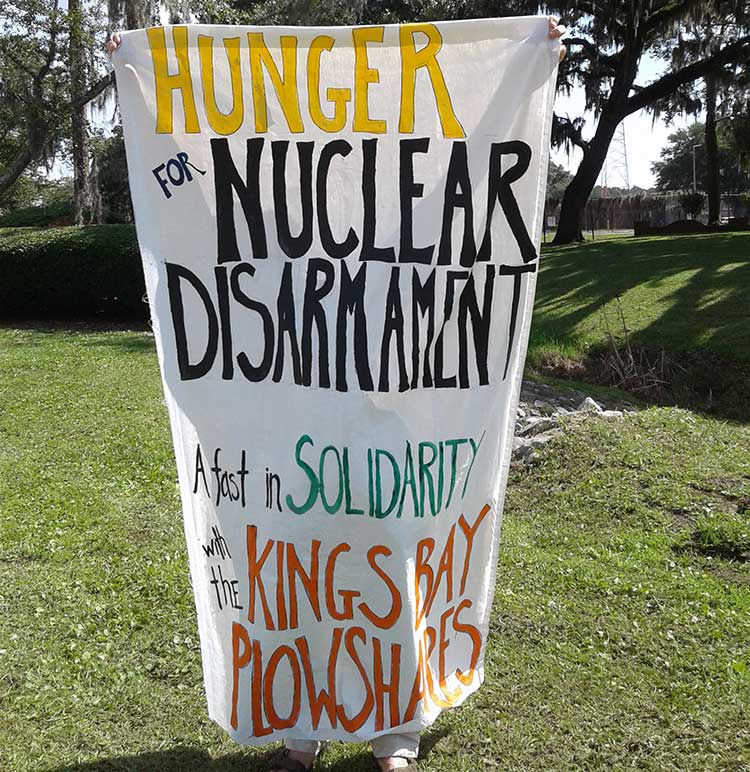
Groton and New London, Connecticut, are home to about 65,000 people, three colleges, the Coast Guard Academy, 15 nuclear-powered, nuclear-armed submarines capable of destroying the world many times over, and General Dynamics’ Electric Boat, a multi-billion-dollar private corporation that offers stock options to its shareholders and mega-salaries to its top executives as it pockets taxpayer dollars and manufactures yet more of those stealthy, potentially world-ending machines. Whew! That was a long sentence!

